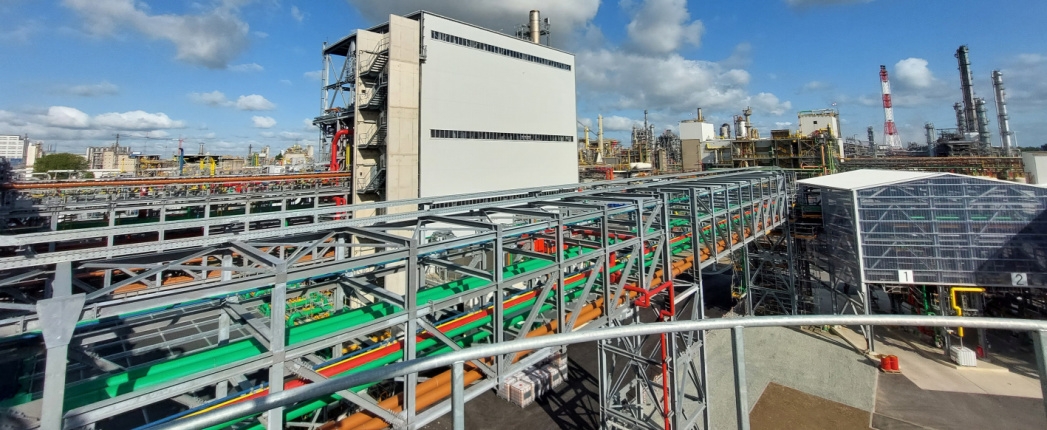
BASF is gradually adding alkoxylation capacity – in part to produce chemicals with uses in lubricants – at its plants in Belgium and Germany starting in the second quarter.
The investment will ultimately increase capacity by more than 150,000 metric tons per year and will benefit European customers in particular, the company said last week. It did not disclose the cost of the investment.
Alkoxylation is a second-tier petrochemical refining process that combines ammonia or amines with ethylene oxide or propylene oxide to produce amino alcohols, including many of which are used as detergents in a number of applications, including metalworking fluids and lubricants. The process also produces surfactants.
The surfactants and polyglycols can be used in lubricants, Jasmin Haile, market communications for home care and industrial and institutional cleaning Europe, confirmed to Lube Report.
Most of the capacity is part of the expansion of ethylene oxide and ethylene oxide derivatives at the Belgian Verbund site in Antwerp. In addition to alkoxylation, the expansion includes investment in a second world-scale ethylene oxide production line, including purified ethylene oxide capacity.
“With this expansion, we are strengthening our position in Europe and opening up important growth opportunities in the European market through a wide range of applications such as in the detergents and cleaners, automotive and construction industries,” said Mary Kurian, BASF’s president care chemicals.
“It is in response to the long-term increase in demand for alkoxylates and reinforces our market leadership in this growing segment,” said Soeren Hildebrandt, senior vice president, home care, I&I and industrial formulators Europe at BASF.
In the past several years, a number of companies made major investments in new or expanded alkoxylate production capacities.
In 2021, Dow signed a memorandum of understanding to build a $250 million specialty chemicals hub in Zhanjiang, China, including alkoxylate production facilities.
In mid-2019, Sasol Ltd. opened an alkoxylation plant to expand its production of surfactants there, including some used to make lubricants and metalworking fluid additives. In 2017, Croda International Plc brought onstream a new alkoxylation production facility at its Chocques manufacturing site in northern France to increase production capacity by 20%, including for surfactants used as corrosion inhibitors.